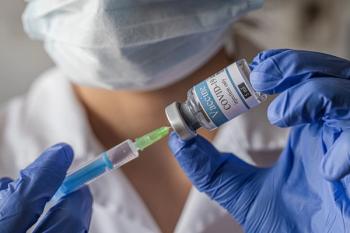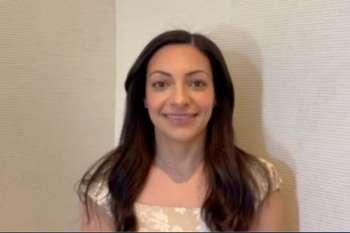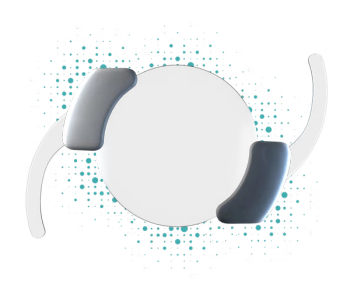
- Vol. 11 No. 1
- Volume 11
- Issue 1
Make one decision per week to improve the practice
Part of me always thought there was something arbitrary about the New Year. Why does one need January 1st to come around in order to turn over a new leaf?
Nonetheless, I buy into it both personally and professionally. With that said, I always say I’m not going to let things stack up on my desk at work, and I’ll say it again and leave that thought alone for another year or so.
The whirlwind
What I do want to focus on this year is something I heard many years ago in a practice management lecture. It was so long ago that I forget who said it, but the phrase went along the lines of, “You get too busy to get anything done.”
By this it is meant that there is so much work involved in the status quo of one’s life that it can be hard to tangibly change without falling behind.
That notion is so true in my professional life. I wake up at night with these grand ideas in my head about making patient flow better, paying off some expensive piece of diagnostic instrumentation sooner, or going out into the public to recruit new patients.
Then, as always, the days, weeks, and months come and go, and before I turn around it’s the middle of May, and I’m complaining to myself about the same problems that bothered me during the previous year.
Effecting change
So, what can I do to change this behavior? I can complain, but what good does that do? The short answer is not very much (if anything at all). What I can do is be the best version of me that I can be-even if it includes not letting things stack up on my desk.
Henceforth, my New Year’s resolution: I’m going to make one decision each week that I believe will be good for my practice. This seems like a goal tangible enough to achieve.
As I begin to map out this scheme for 2019 and beyond, I’m going to pay special attention to those aspects of my practice with which I really don’t care to consume myself, like dealing with staff.
Further, I’m going to try not to complain as much but face business challenges head-on.
I need to take a closer look at what I pay for inventory, insurance, and other expenses with this resolution in mind.
Finally, I need to take time to appreciate everything that goes right in my practice. Through all the perplexities of owning a small business, I feel very fortunate (and downright lucky) to be in such a position. I need to recognize that more.
So, here’s to a fruitful and fulfilling 2019 for you all. Now, what are we going to do that’s huge for the year 2020?? Better start planning.
Articles in this issue
about 7 years ago
Know how to comanage MIGS patientsabout 7 years ago
Sleeping position may cause increased glaucoma riskabout 7 years ago
How to overcome barriers when buying or selling a practiceabout 7 years ago
How to improve glaucoma referralsabout 7 years ago
Spectacle lenses offer relief for headaches, ocular symptomsabout 7 years ago
How to recognize and manage digital eye strainNewsletter
Want more insights like this? Subscribe to Optometry Times and get clinical pearls and practice tips delivered straight to your inbox.




























